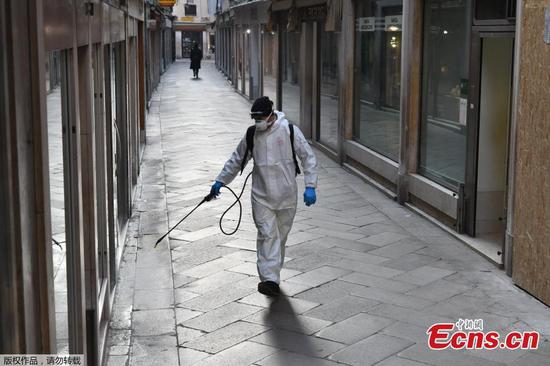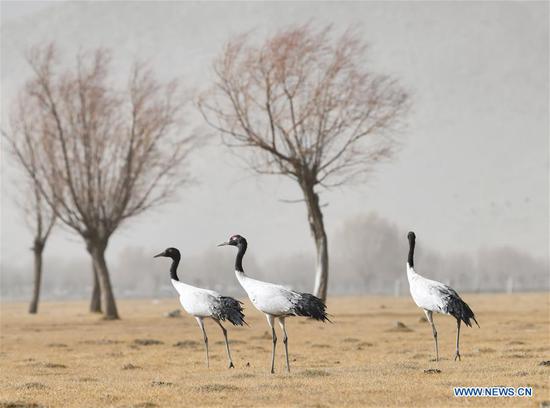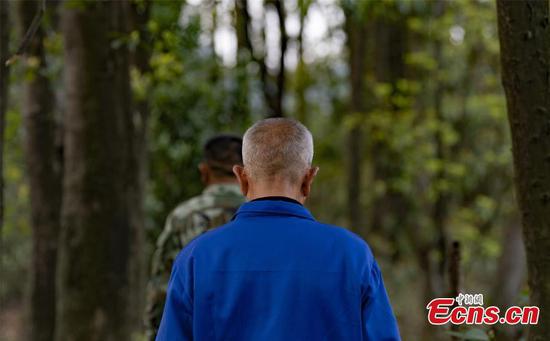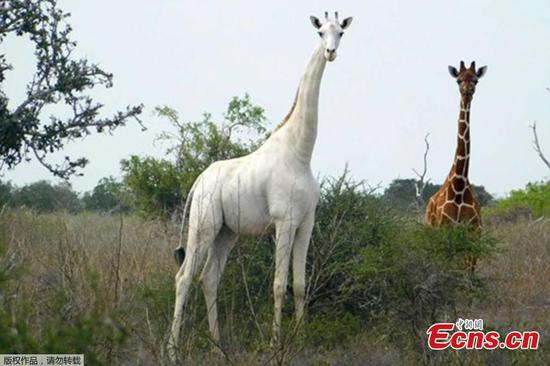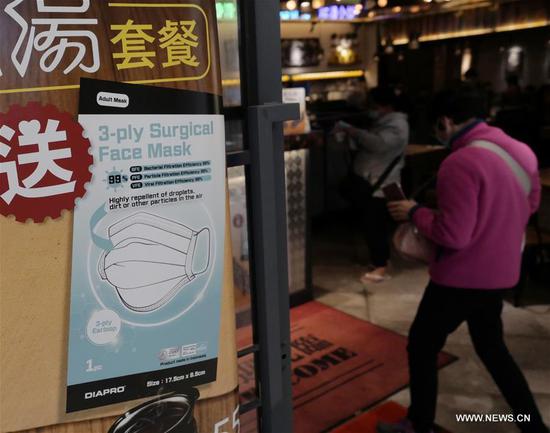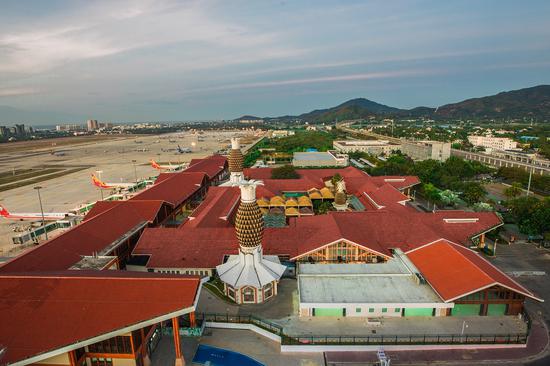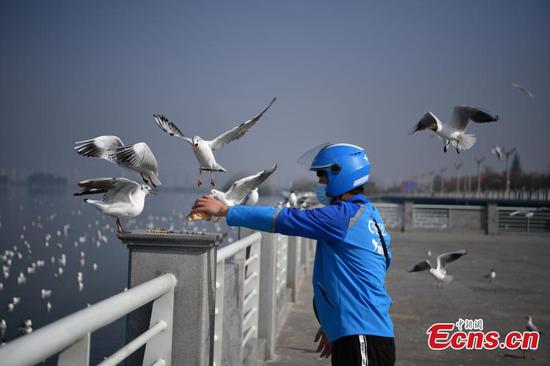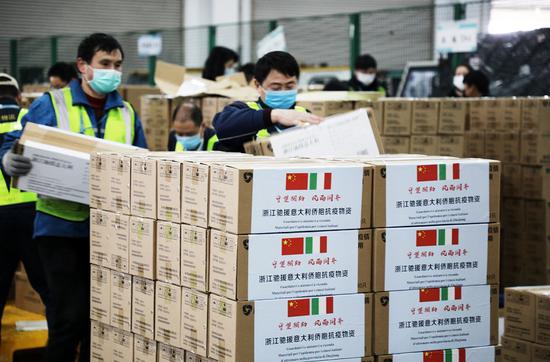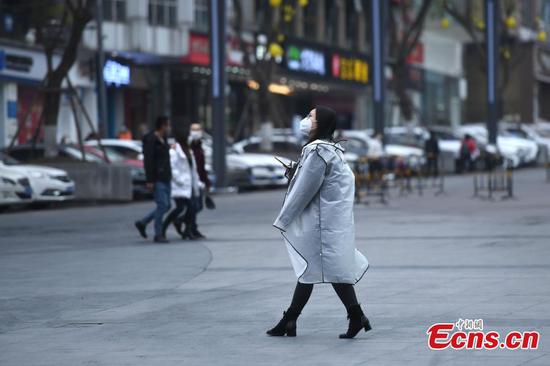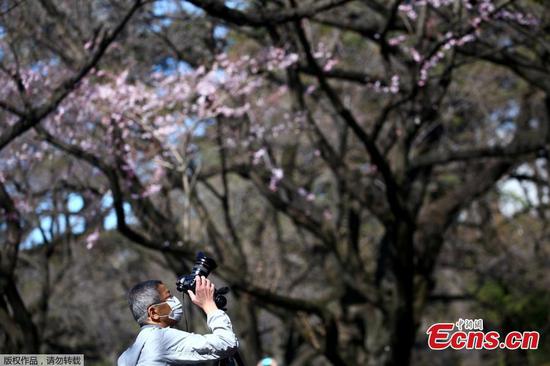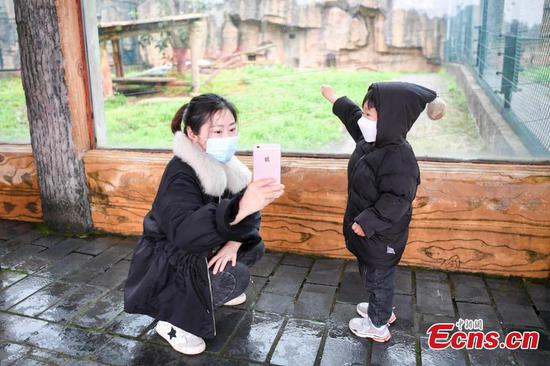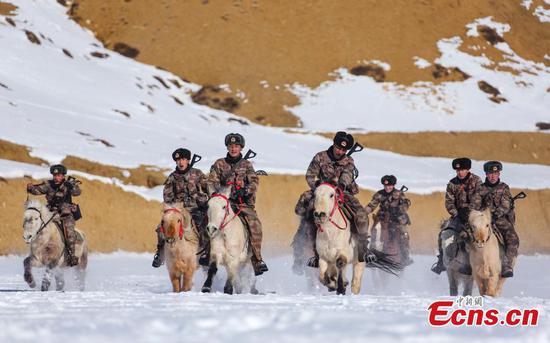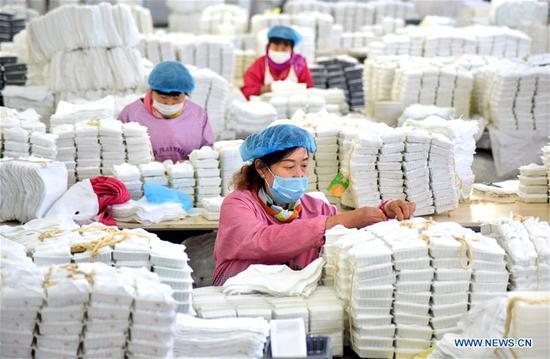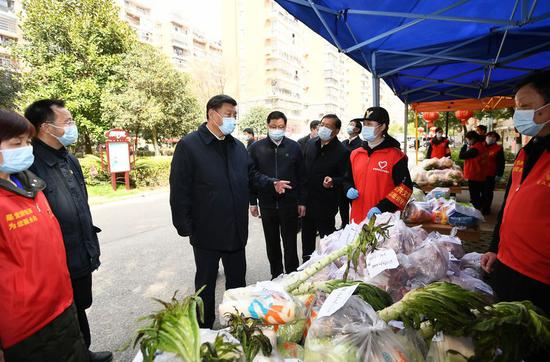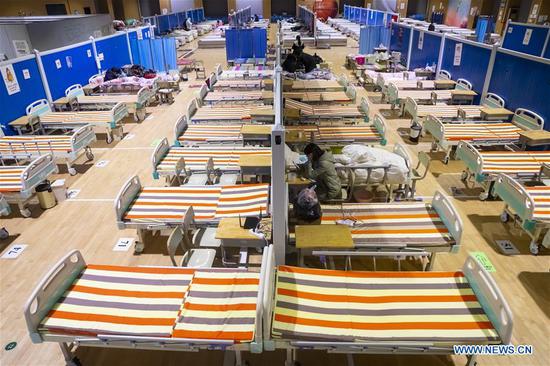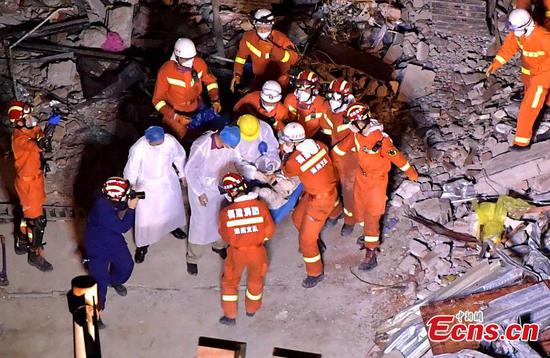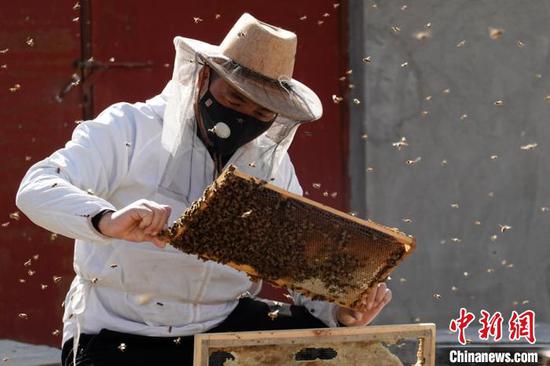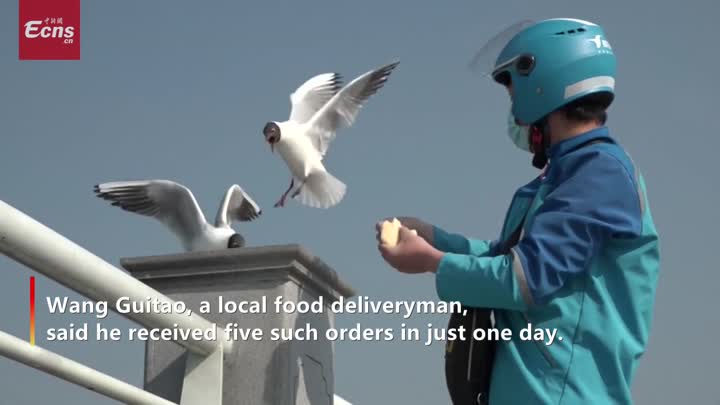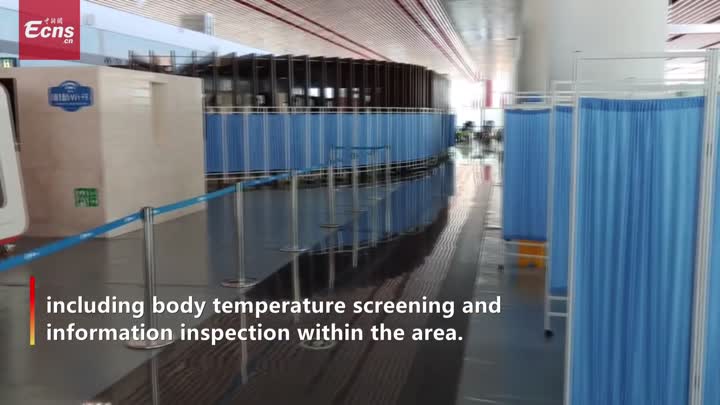The head of the World Health Organization (WHO) on Thursday urged all countries to "double down" rather than give up on efforts to fight COVID-19 as his organization declared it a pandemic.
"Let me be clear: describing this as a pandemic does not mean that countries should give up ... On the contrary, we have to double down," WHO Director General Tedros Adhanom Ghebreyesus said at a briefing.
The WHO chief described the COVID-19 outbreak as a "pandemic" as the virus is increasingly spreading worldwide. He said the assessment was made based on two main reasons: the speed and scale of transmission, and the absence of political commitment in some countries to control it.
He quoted the latest WHO statistics, according to which almost 125,000 coronavirus cases have now been reported to the WHO from 118 countries and regions. Over the past two weeks, the number of cases reported outside China has increased almost 13-fold, and the number of affected countries and regions has almost tripled.
"Despite our frequent warnings, we are deeply concerned that some countries are not approaching this threat with the level of political commitment needed to control it," Tedros warned.
"This is a controllable pandemic ... All countries must strike a fine balance between protecting health, preventing economic and social disruption, and respecting human rights."
The WHO has urged all countries to take a comprehensive approach tailored to their circumstances, with containment as the central pillar.
The WHO chief reiterated a four-pronged strategy to combat COVID-19.
First, prepare and be ready. There are still 77 countries and regions with no reported cases, and 55 countries and regions that have reported 10 cases or less. All countries with cases have unaffected areas. That means an opportunity to keep it that way and prepare the people and the health facilities.
Second, detect, prevent and treat. Fighting a virus requires robust surveillance to find, isolate, test and treat every case, to break the chains of transmission.
Third, reduce and suppress. Transmission must be reduced in order to save lives, which means finding and isolating as many cases as possible and quarantining their closest contacts. Even if the transmission cannot be stopped, it can at least be slowed down to protect health facilities, old age homes and other vital areas, but only if all suspected cases are tested.
And fourth, innovate and improve. This is a new virus and a new situation, and the world is learning and must find new ways to prevent infections, save lives and minimize impact. All countries have lessons to share.










